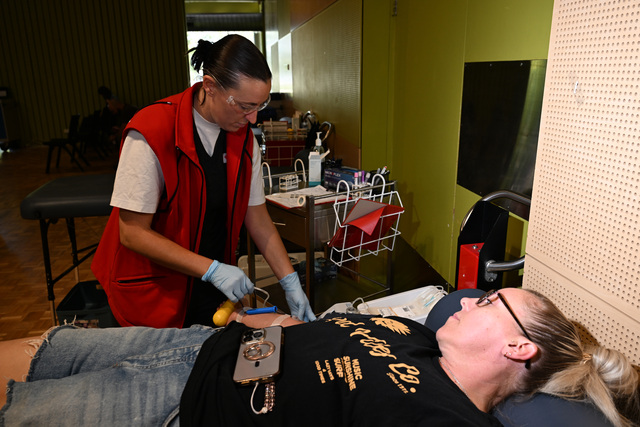Refugees and asylum seekers are slipping through mental health cracks despite reporting higher than average mental health issues, according to HealthWest.
The Integrated Mental Health Services for Refugees and Asylum Seekers project, sponsored by Mercy Mental Health, the Mid-West Area Mental Health Service, cohealth, BreakThru People Solution, and HealthWest, connected mental health services in the west with refugee settlement agencies.
According to the project report, released last month, “the fragmented nature of the service system and the continued funding uncertainties are major impediments to ongoing service development and integration”.
“The major finding of this review focuses on the need to realign the program towards earlier intervention,” the report stated.
HealthWest Integration and Evaluation co-ordinator Agnieszka Kleparska said despite the prevalence of mental health issues in refugees and asylum seekers, they were less likely to access mental health services.
“Unfortunately, we found that a lot of the settlement agencies and services that work directly with refugees and asylum seekers didn’t know much about mental health services,” Ms Kleparska said..
“And vice-versa – mental health services had limited understanding of the work of settlement agencies, and they needed to be much more aware of the best ways to work with refugees and asylum seekers who have a mental illness as their beliefs, and attitudes can be quite different from other people in the community.”
About 40 to 50 per cent of asylum seekers and refugees in Australia report experiencing post traumatic stress disorder, while about 60 per cent experience major depressive disorder, compared to 6.4 and 4 per cent of people in the general community, according to the Journal of Nervous and Mental Disease.
But asylum seekers and refugees are less likely to access mental health services because of the low priority they place on mental health; the lack of knowledge they have of mental health services; distrust of services; and the stigma associated with psychological problems and seeking help.
“Insecurity of tenure and living with the fear of of forced removal from Australia has been found to have significantly affected and dangerously compromised the wellbeing of this population group,” the HealthWest report states.
“Discrimination and stigmatisation are also contributing factors which lead to adversity… Access to adequate supports, services, and avenues for social inclusion are therefore imperative.”
Ms Kleparska said mental health services and refugee and asylum seeker settlement agencies must work with community leaders to raise awareness about mental health and mental health services.
The project took place between September 2013 and March 2015.

















